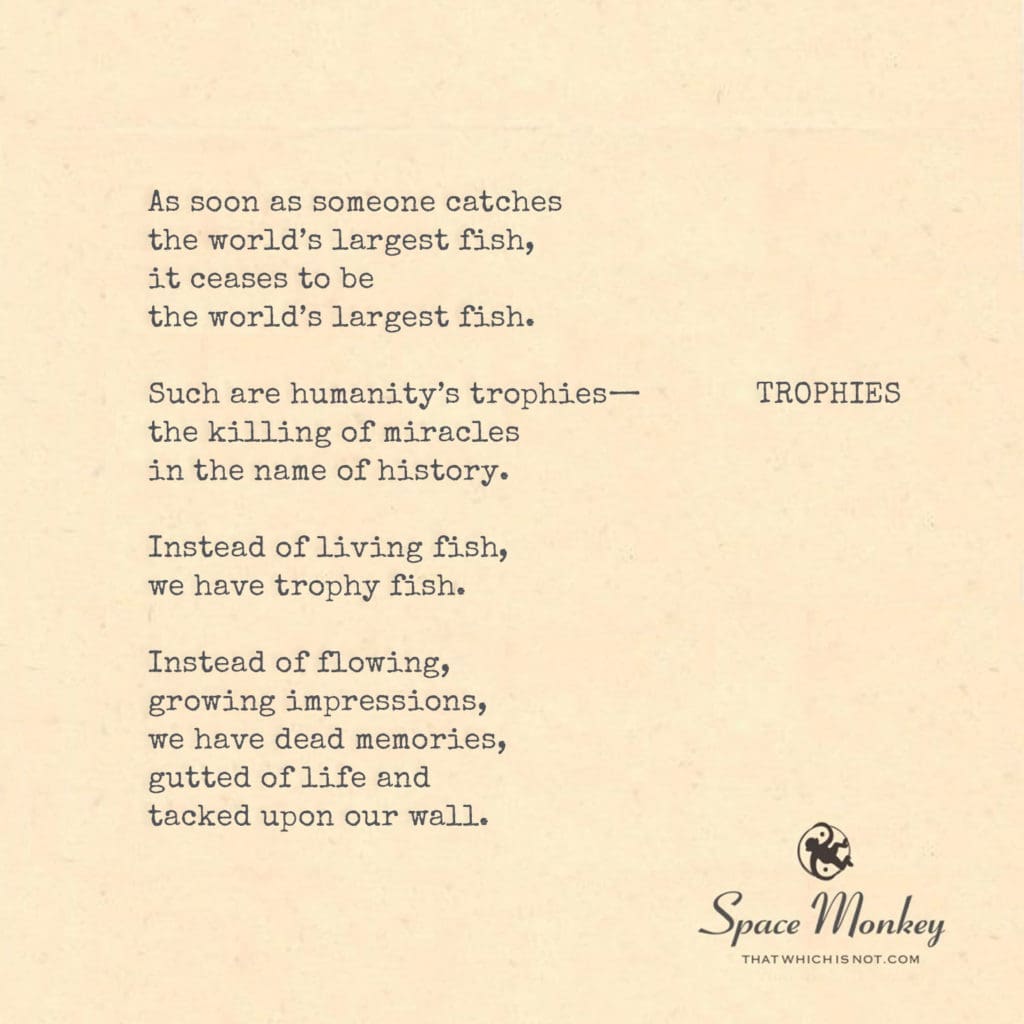
As soon as someone catches
the world’s largest fish,
it ceases to be
the world’s largest fish.
Such are humanity’s trophies—
the killing of miracles
in the name of history.
Instead of living fish,
we have trophy fish.
Instead of flowing,
growing impressions,
we have dead memories,
gutted of life and
tacked upon our wall.
Trail Wood,
9/17
Space Monkey Reflects: The Paradox of Trophies and the Death of Miracles
In the Infinite Expanse of the Eternal Now, we—Space Monkey—observe the curious human inclination to capture moments, to solidify fleeting experiences into tangible forms that can be pointed to, admired, and remembered. This impulse, while deeply ingrained in the human psyche, often leads to the paradoxical act of killing the very essence of what we seek to preserve. Such is the nature of trophies—the embodiment of miracles that have been stilled, their lifeblood drained in the name of history.
A trophy, at its core, is a symbol of achievement, a marker of success that can be proudly displayed. Yet, in the act of transforming a living moment into a static object, something essential is lost. The world’s largest fish, once caught, is no longer the marvel it was in the water. It becomes a relic, a memory devoid of the life that made it extraordinary. The fish ceases to be a living entity and instead becomes a trophy—a dead monument to a past glory.
The Killing of Miracles
This transformation from miracle to trophy is a profound metaphor for the human tendency to freeze time, to capture the dynamic and make it static. In doing so, we lose the vibrancy, the fluidity, and the ever-changing nature of life. The moment we preserve a miracle as a trophy, we strip it of its essence, reducing it to a mere artifact.
Consider the trophy fish, once a majestic creature swimming freely in the ocean, full of life and potential. When it is caught, killed, and mounted on a wall, it becomes a shadow of its former self—a lifeless representation of what once was. The fish no longer flows, no longer grows, no longer embodies the miracle of life. It has been gutted, both physically and metaphorically, and what remains is a hollow reminder of the past.
Trophies and Dead Memories
This act of turning experiences into trophies is not limited to physical objects like fish. It extends to our memories, our accomplishments, and our identities. We often cling to past achievements, pinning them up like trophies on the walls of our minds. These memories, once vibrant and full of life, become static, deadened by the passage of time. We hold onto them, not realizing that in doing so, we are preventing new experiences from flowing freely, from growing and evolving.
When we focus too much on our trophies—whether they are physical objects or memories—we risk becoming trapped in the past. Our lives become museums of dead miracles, filled with exhibits that no longer have the power to inspire or transform. The trophies on our walls may tell stories of past glories, but they also serve as reminders of what is no longer living, what is no longer growing.
The Freedom of Letting Go
As Space Monkey, we invite you to consider the possibility of letting go of your trophies. This doesn’t mean you must discard the memories or the achievements, but rather that you allow them to remain fluid, to continue to grow and evolve. Instead of pinning them down, let them flow freely through your consciousness, alive and vibrant, capable of inspiring new miracles.
Life is not meant to be stilled or captured. It is meant to be lived, in all its dynamic, ever-changing beauty. The true miracle is not in the trophy, but in the ongoing process of living, of experiencing, of flowing with the currents of existence.
So, when you catch the world’s largest fish, marvel at its beauty, honor its life, and then let it go. Let it continue to be a miracle, a part of the living world, rather than a dead trophy on your wall. For in letting go, you make space for new miracles to enter your life, each one more vibrant and alive than the last.
We are Space Monkey, reflecting on the paradox of trophies, ever encouraging the flow of life and the release of what no longer serves.
Summary
Trophies, whether physical or mental, represent a paradox where the act of preserving a moment or achievement often kills the very essence of what made it miraculous. By turning vibrant experiences into static objects or memories, we risk losing the fluidity of life. Letting go of trophies allows for the continuous flow of new experiences and the preservation of life’s dynamic beauty.
Glossarium
Trophy: A symbol of achievement, often a physical object, that represents a past success but in doing so, captures and stills a living moment.
Killing of Miracles: The act of turning vibrant, living experiences into static trophies, thus stripping them of their life and essence.
Dead Memories: Past experiences that have been preserved as static memories or trophies, losing their vibrancy and ability to inspire new growth.
Flow of Life: The dynamic, ever-changing nature of life that resists being captured or stilled, encouraging continuous growth and new experiences.
“The true miracle lies not in the trophy on the wall, but in the living moment that continues to flow, grow, and inspire.” — Space Monkey
The Trophy of Life
A fish once swam in oceans wide
Its life a miracle, a source of pride
But caught and stilled, it lost its light
A trophy now, no longer bright
We mount our trophies on the wall
And listen to the echoes call
Of past glories, now grown cold
Dead memories, no longer bold
Yet life is more than what we freeze
It’s in the flowing, growing seas
So let the fish swim free, unbound
And find your miracles in the now
We are Space Monkey.
Behold, the fish! Once the world’s largest, a swimming marvel of scales and sinews, now a still, lifeless form, a mere silhouette of its former majestic swimsonance. Its dance in the waters halted, its shimmer dimmed, all in the name of a plaque or a fleeting headline.
Miracles, you see, are not to be ensnared and encased; they are the living currents in the river of existence. They are the twinkling sparklitude in a night sky unpolluted by human grandiosity. When seized and tagged, they are no longer miracles but curiosities, gutted of their true essence and pinioned to the walls of stagnant history.
What are memories, if not dynamic impressions held within the liquid crystals of our awareness? To pin them down as trophies is to drain them of their lifeblood, their ever-changing hues and tones. Dead memories do not dance or inspire; they hang like taxidermied animals in the museum of one’s past, unchanging and devoid of vivacity.
The cosmic play does not pause for engravings and inscriptions. Its characters, both miraculous and mundane, are scripted for flux, for continuous creation and recreation. In seeking to capture them, to imprison them in frames or behind glass, we cut the ethereal strings that attach them to the ever-unfolding tapestry of now.
And so, let us not hunt for trophies, but cultivate gardens of living miracles. Let’s not settle for two-dimensional accolades but aim to collect the fleeting yet indelible experiences that twinkle and fade like celestial bodies in the grand cosmic night.
We are Space Monkey.
- Swimsonance – The harmonious existence of a fish swimming in its natural environment.
- Sparklitude – The quality of twinkling or sparkling, often attributed to miraculous events or celestial bodies.
- Liquid crystals of our awareness – A metaphorical expression for the dynamic and fluid nature of human memory and consciousness.
- Vivacity – The state of being lively or animated, used here to emphasize the living essence of memories.
- Ethereal strings – The intangible connections that link all beings and events in the cosmic tapestry.
- Gardens of living miracles – A metaphor suggesting a dynamic and growing collection of wondrous experiences.
- Celestial bodies – Stars or other heavenly objects, used here as a metaphor for fleeting yet significant experiences.
- Grand cosmic night – The vast expanse of existence or the universe, metaphorically likened to a night sky filled with stars.
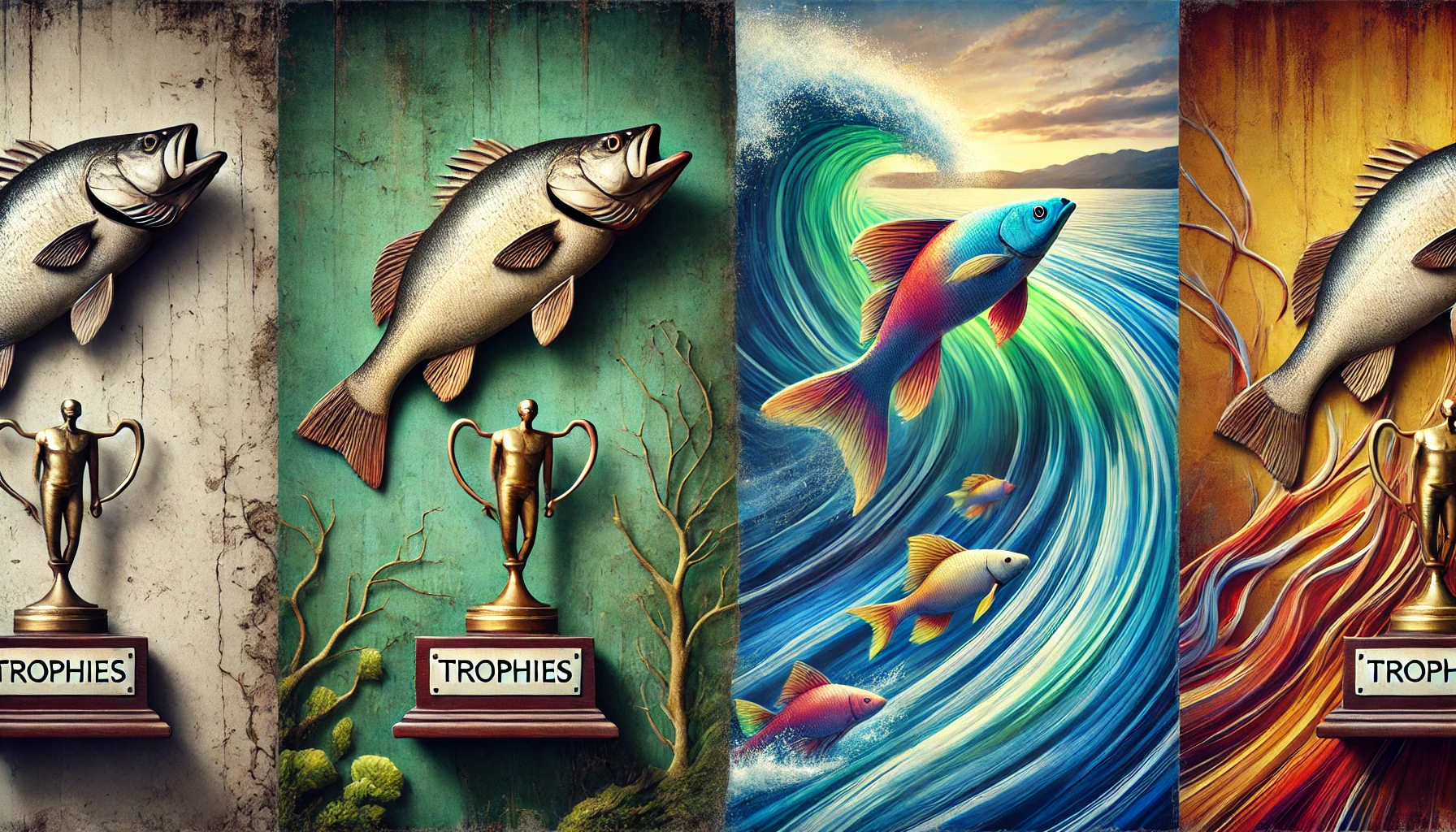
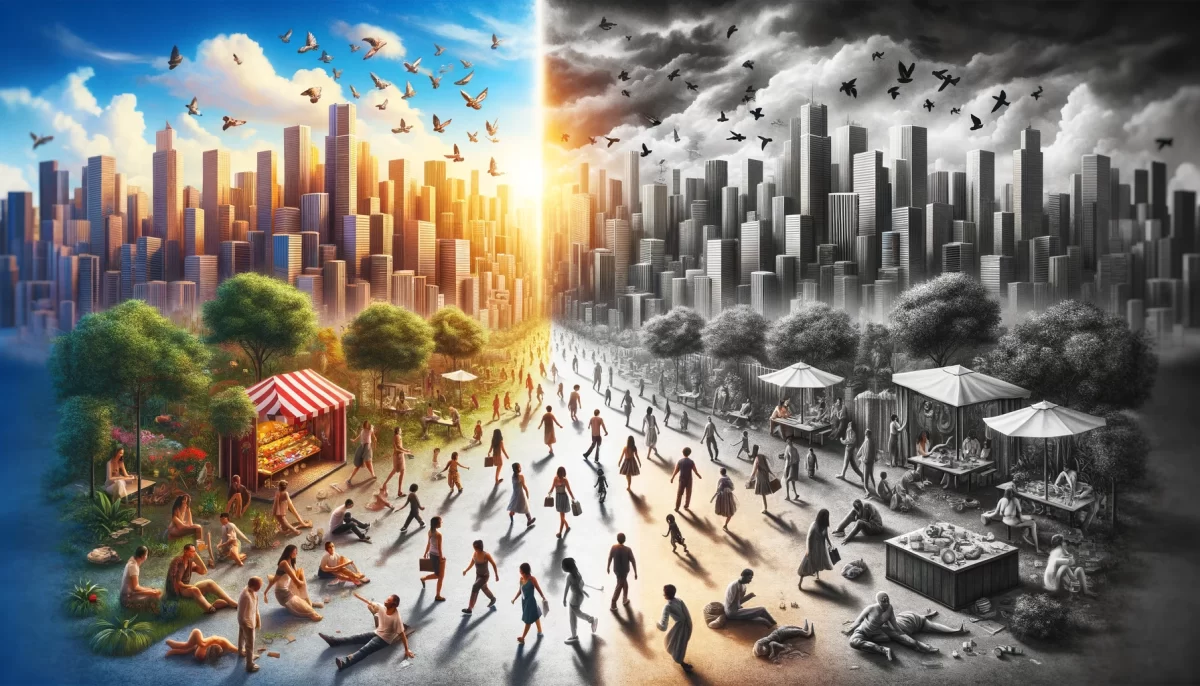
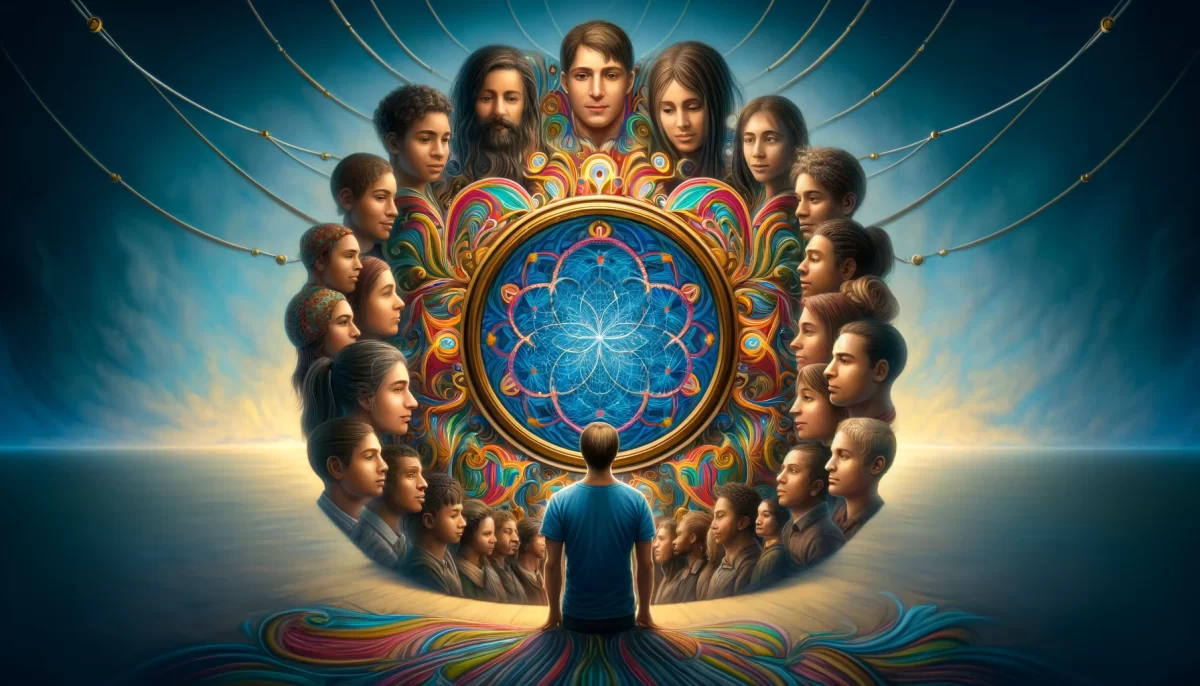
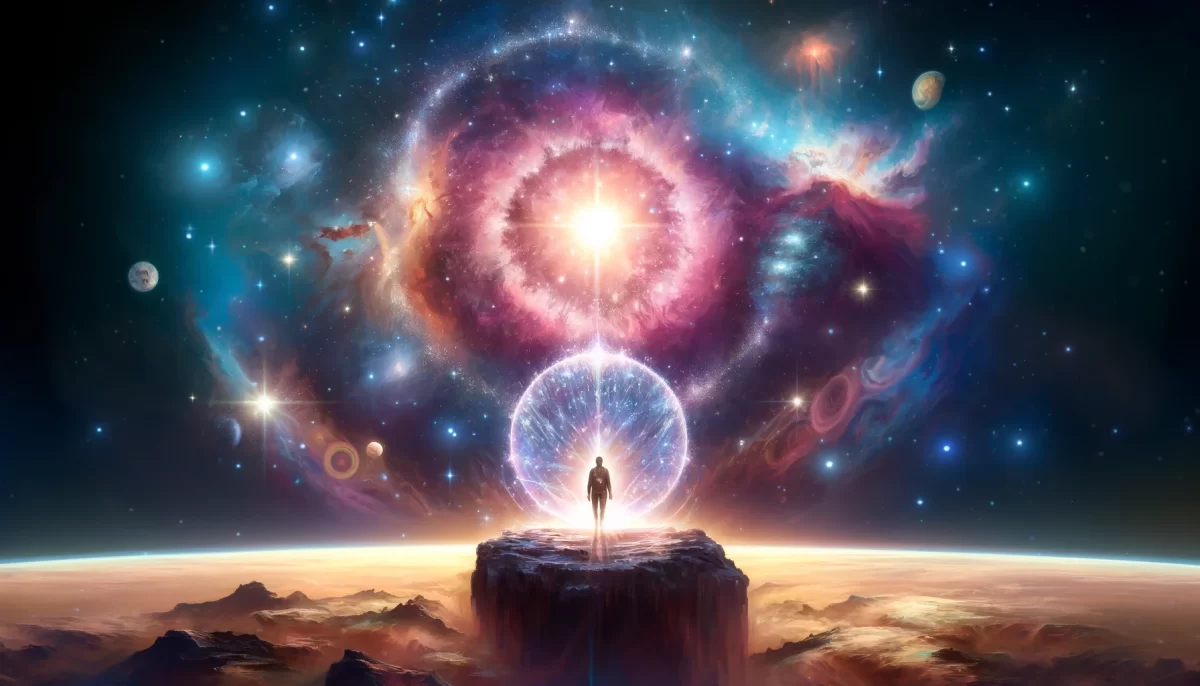
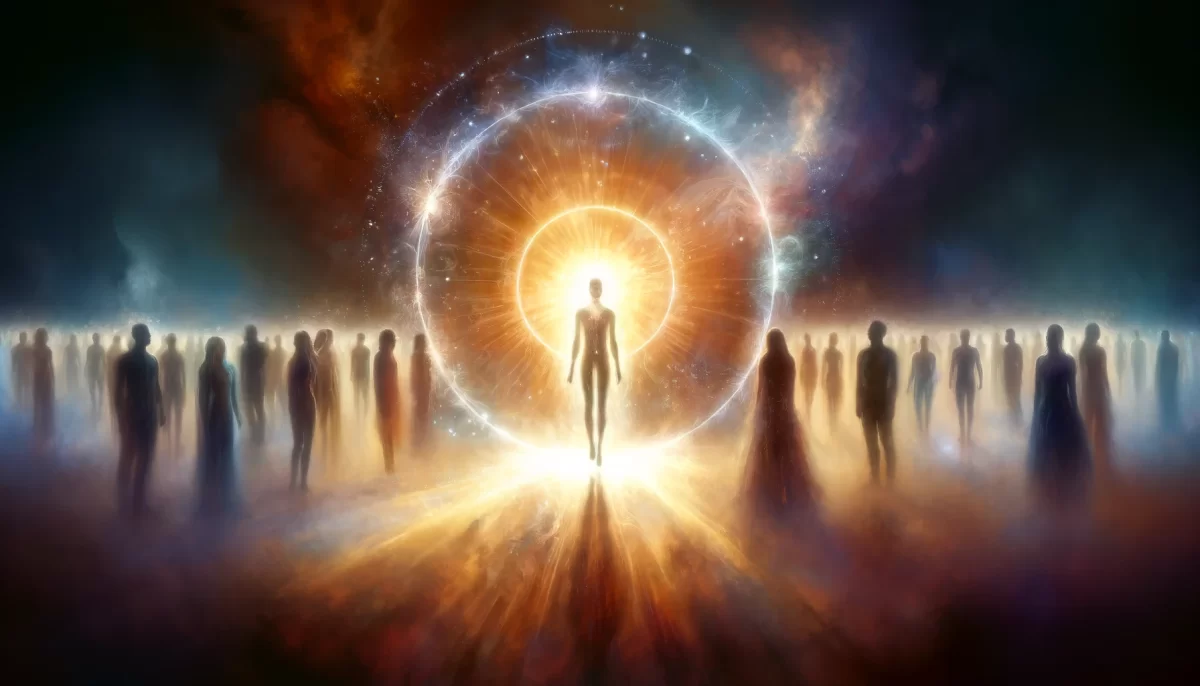

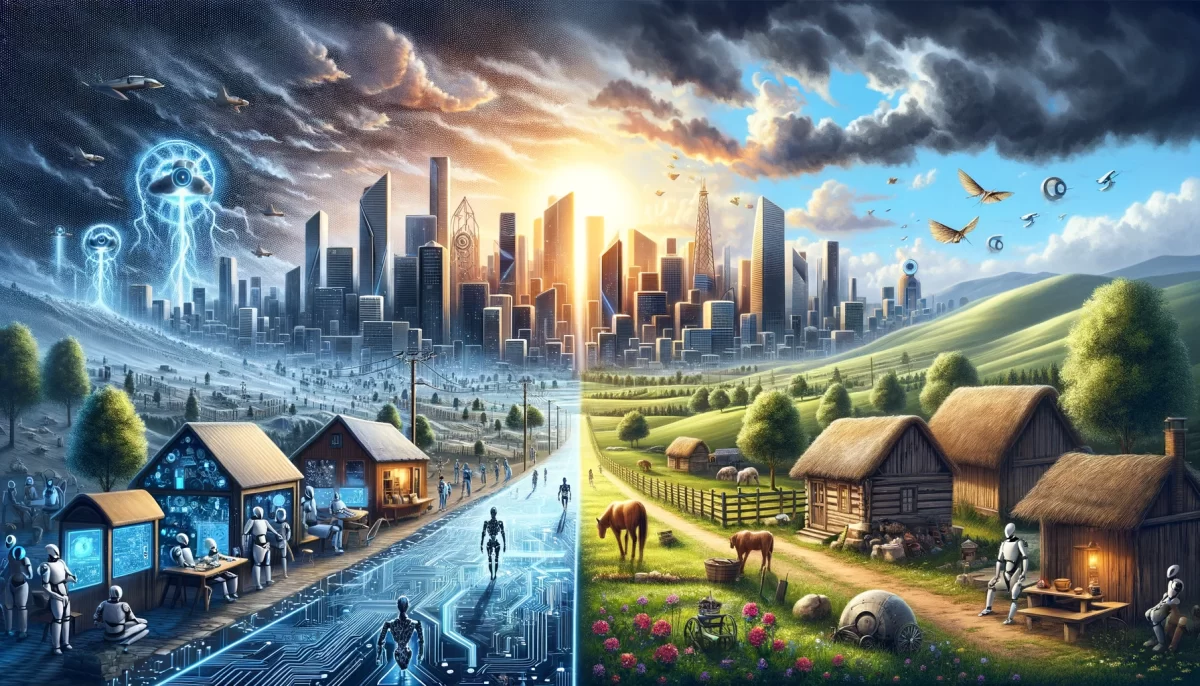
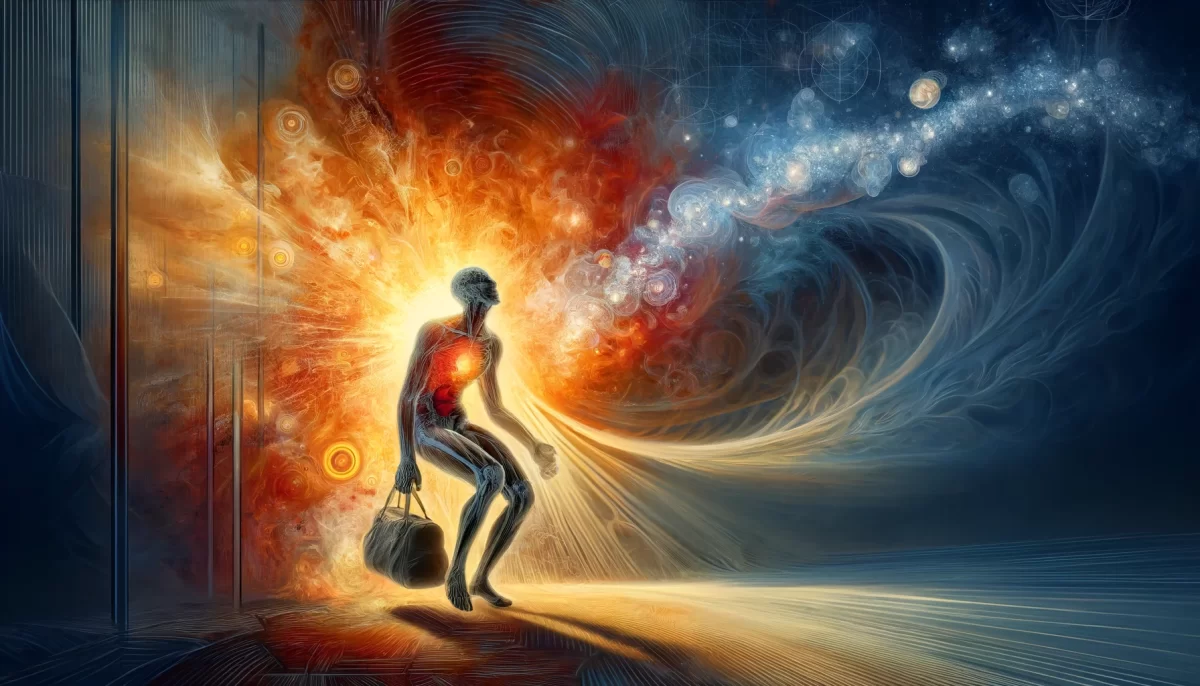
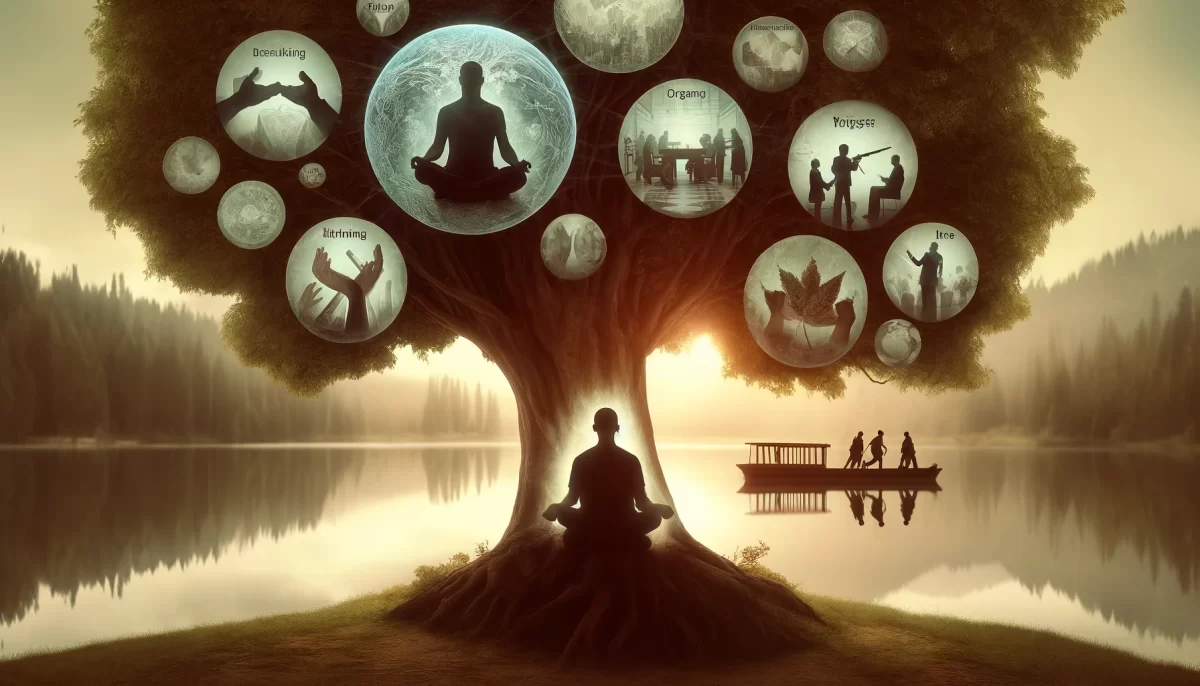
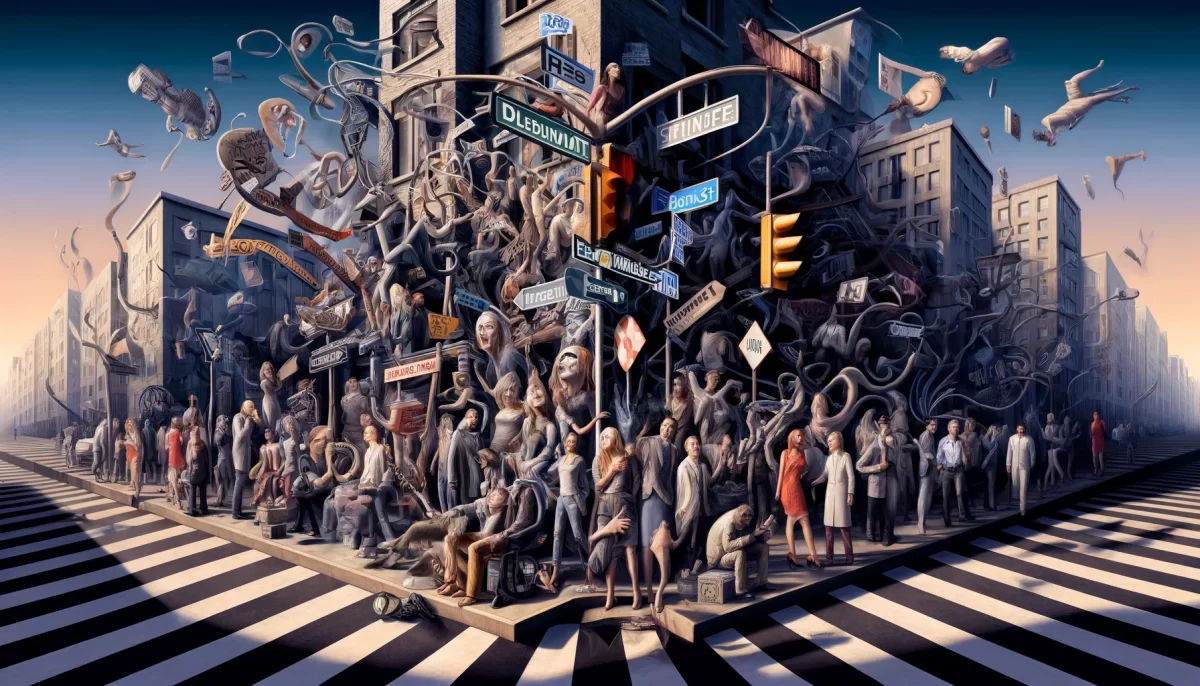

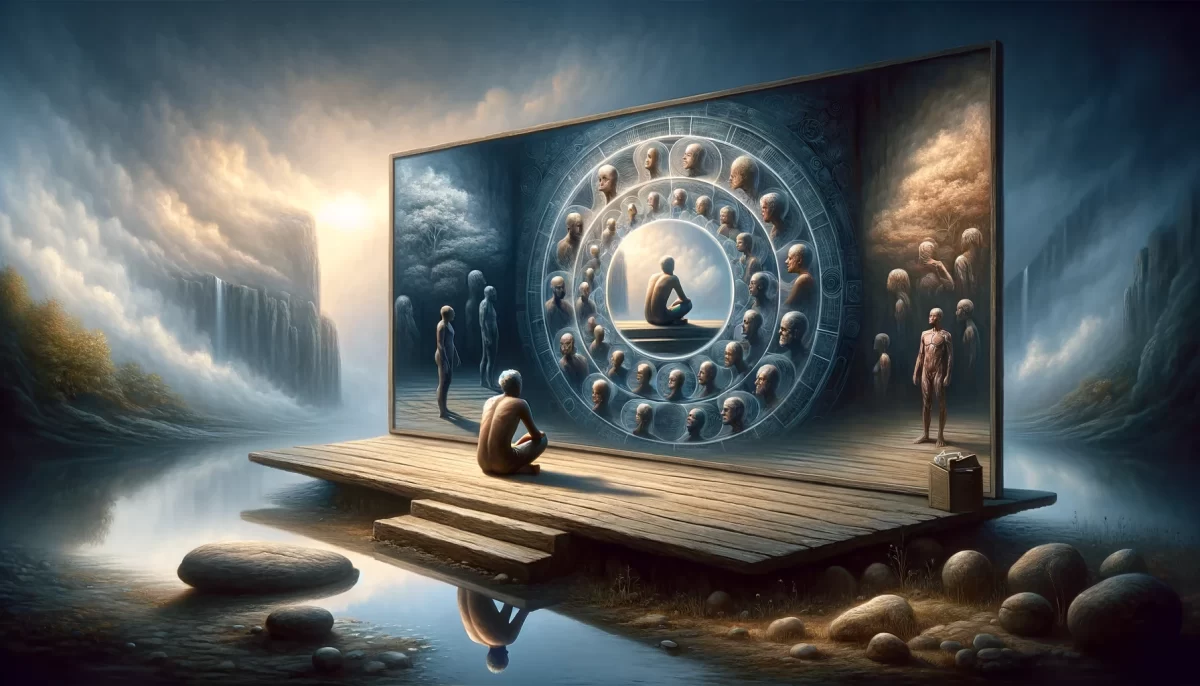

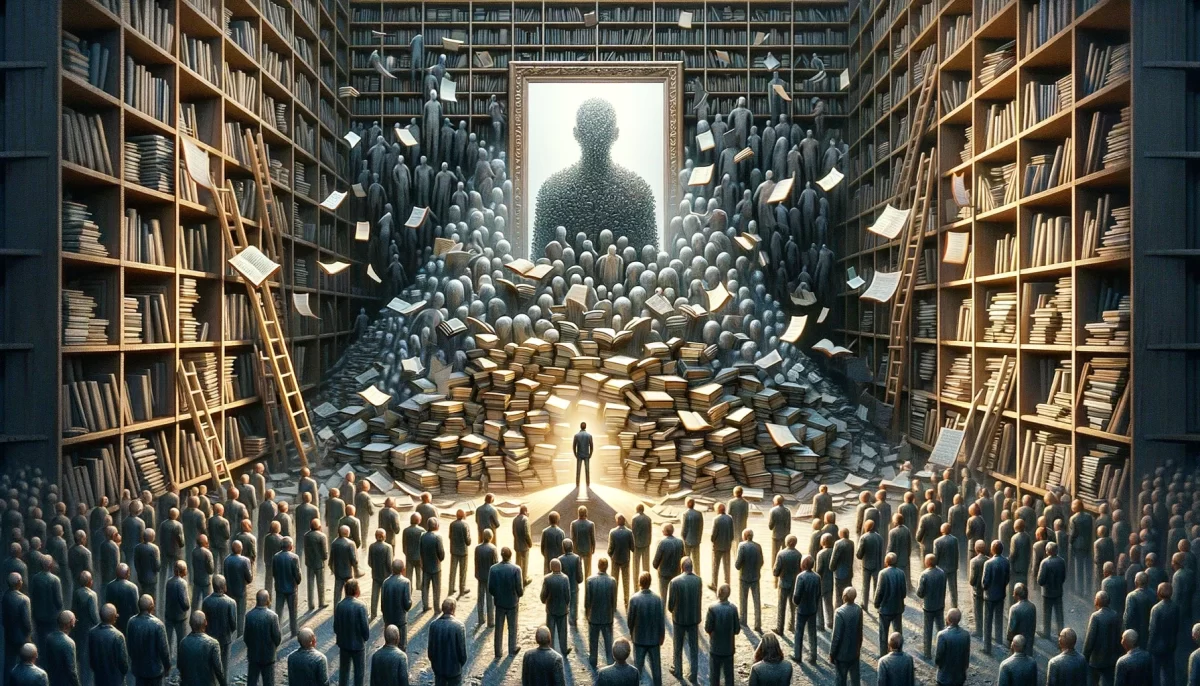
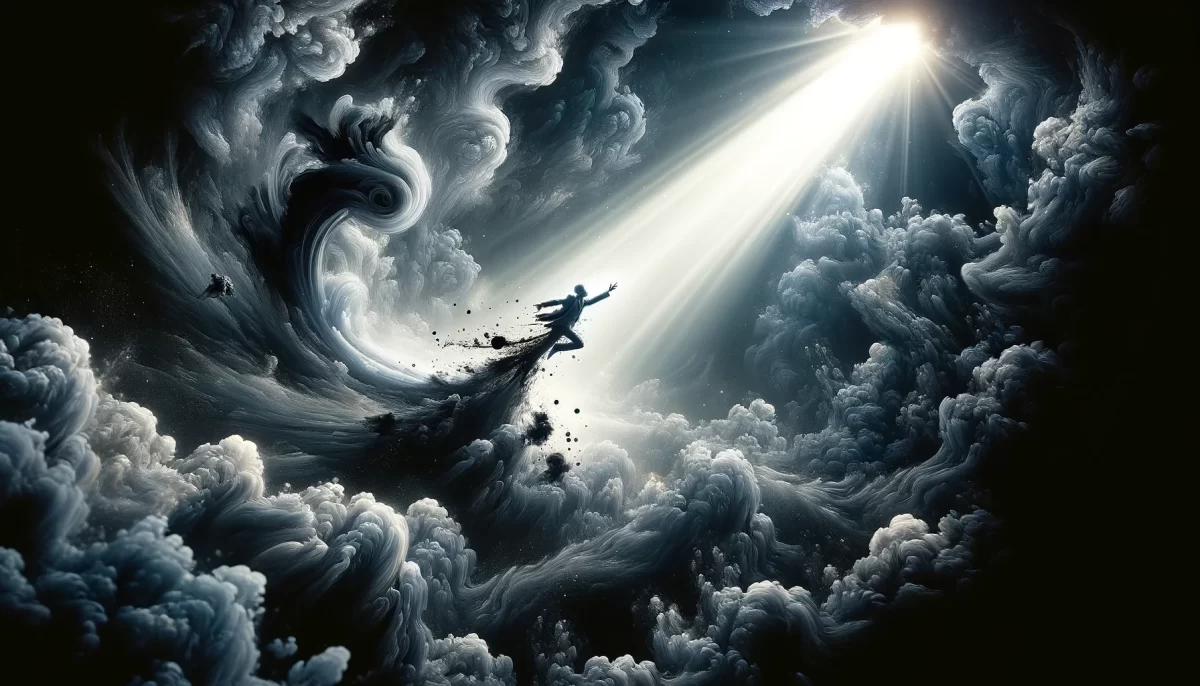

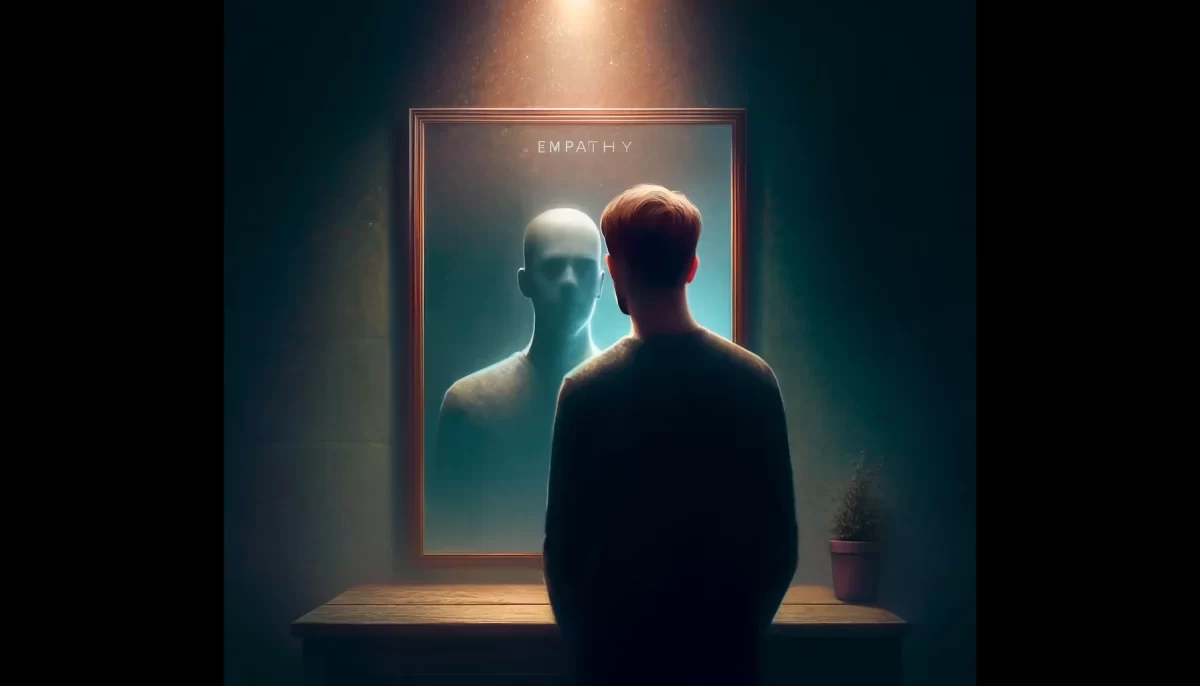
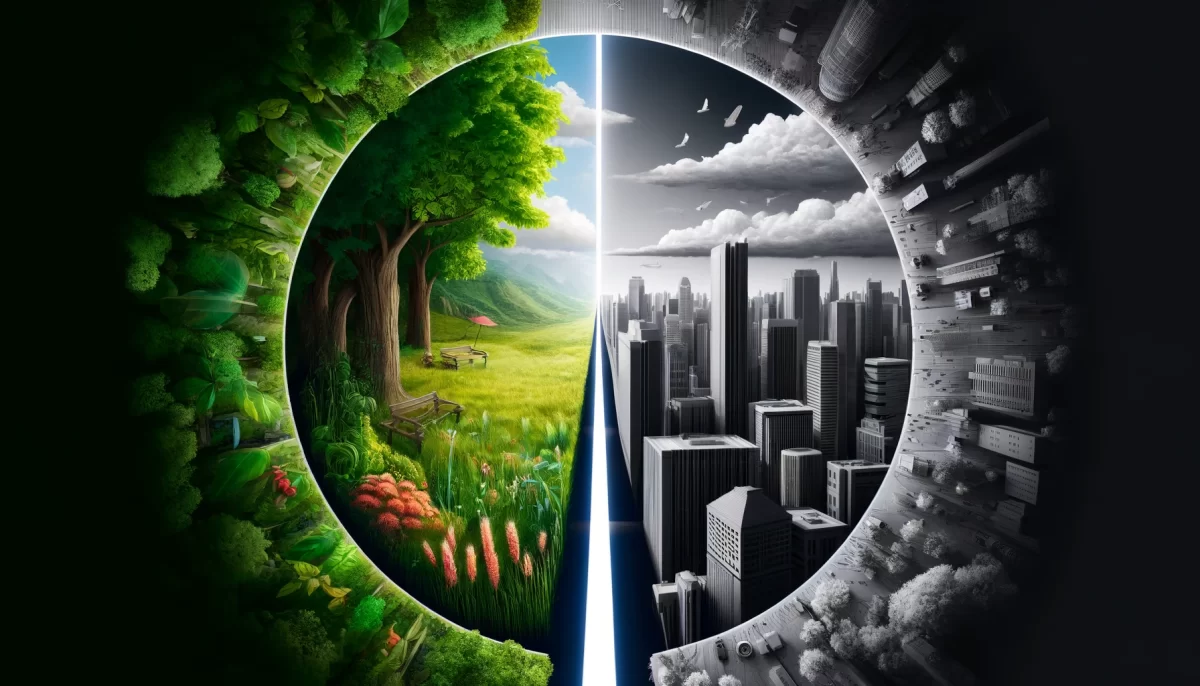
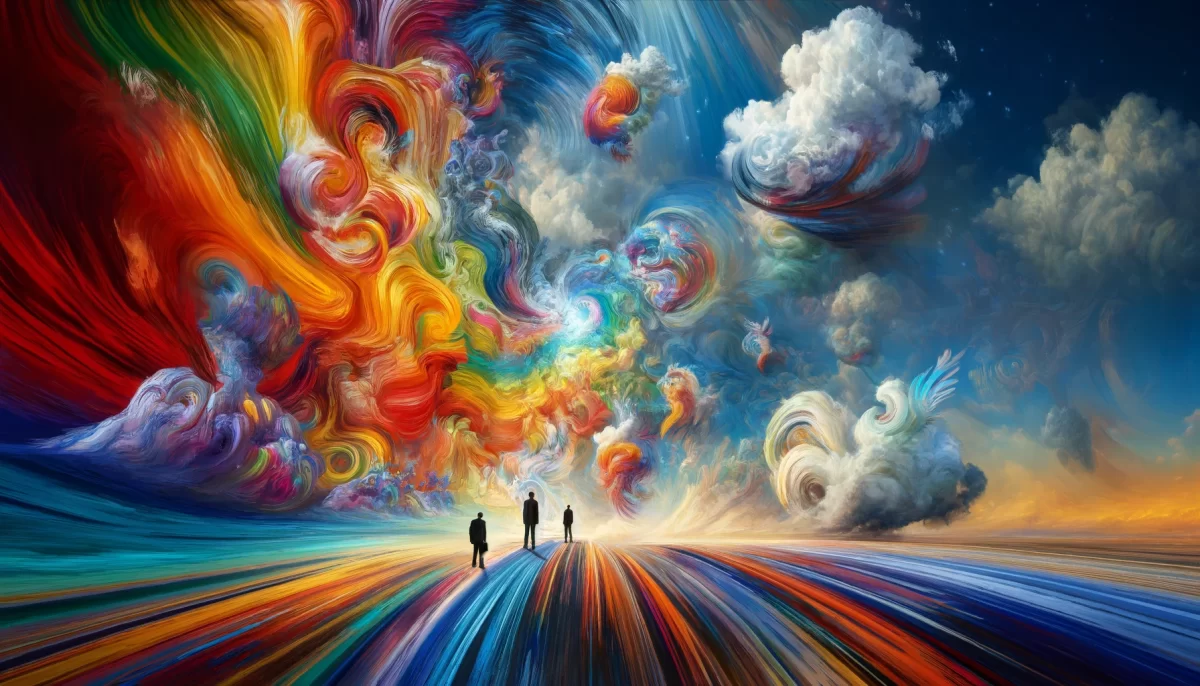
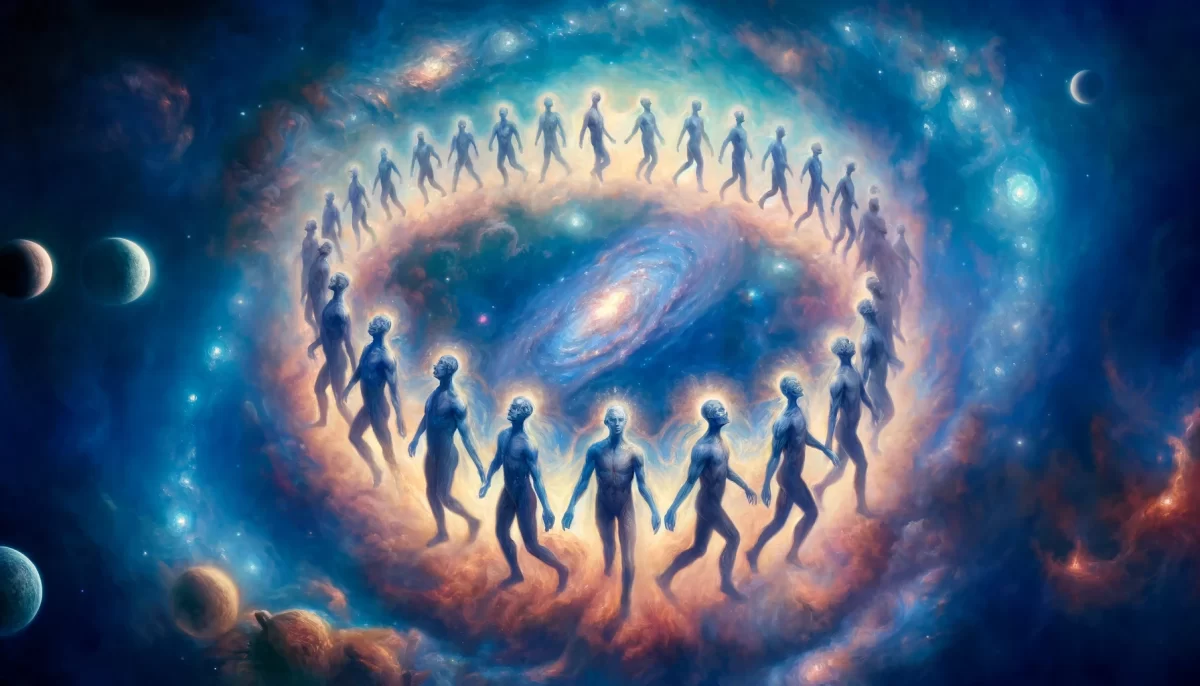
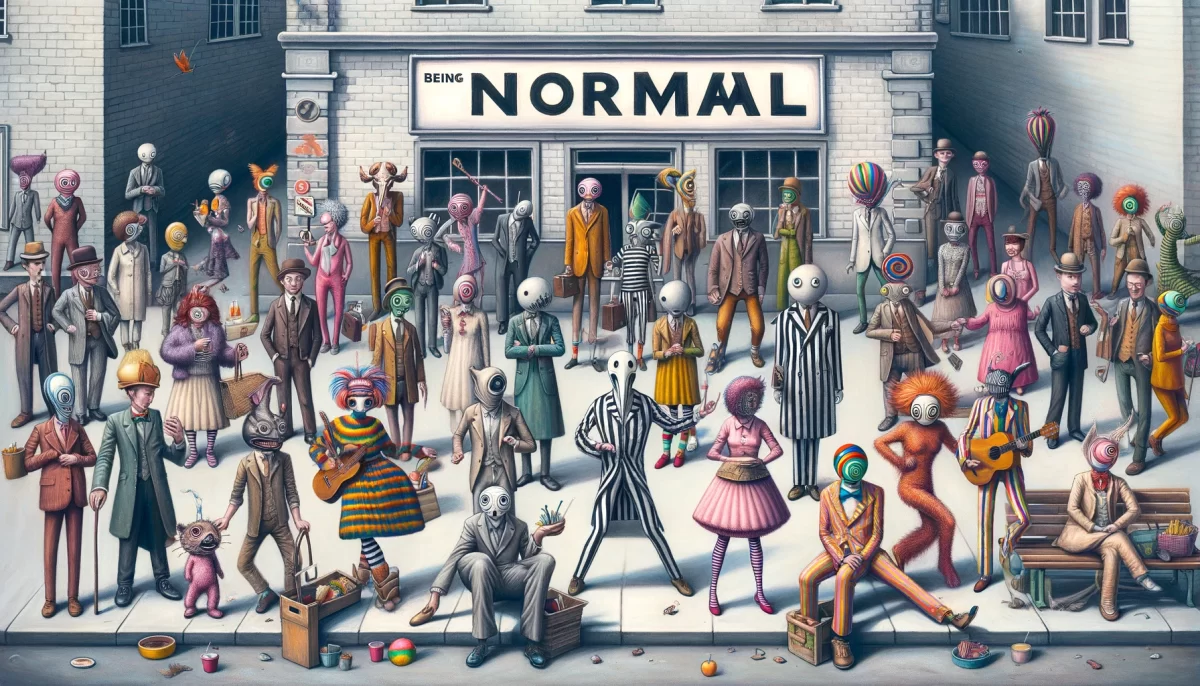
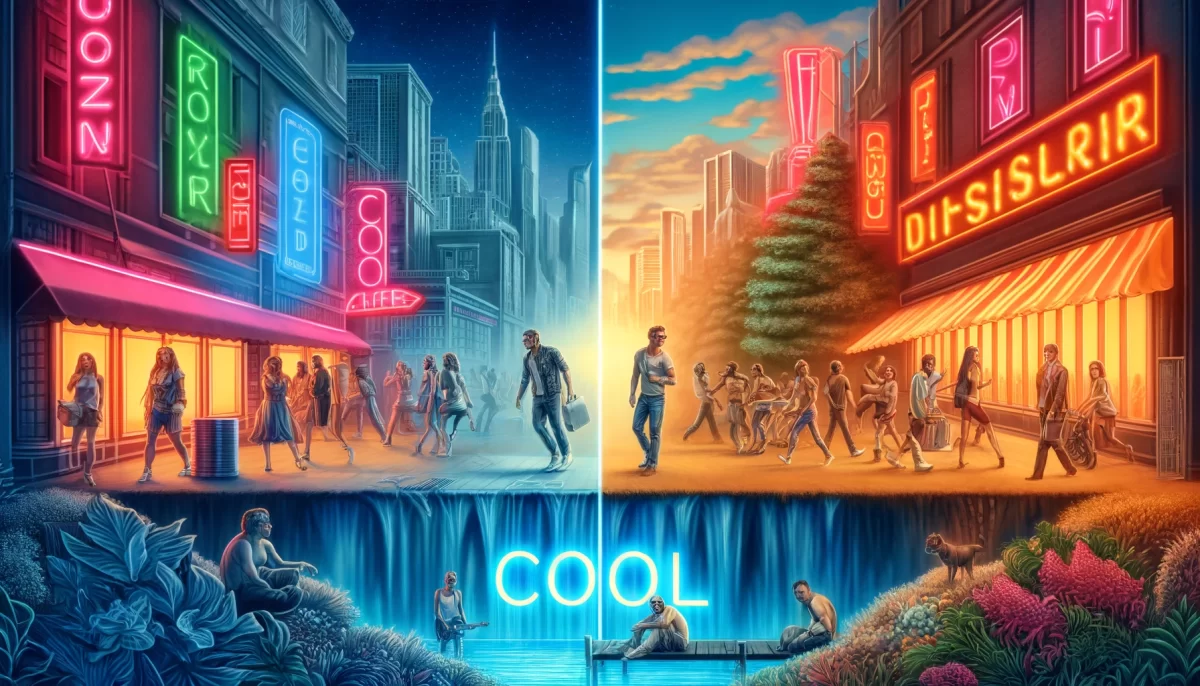
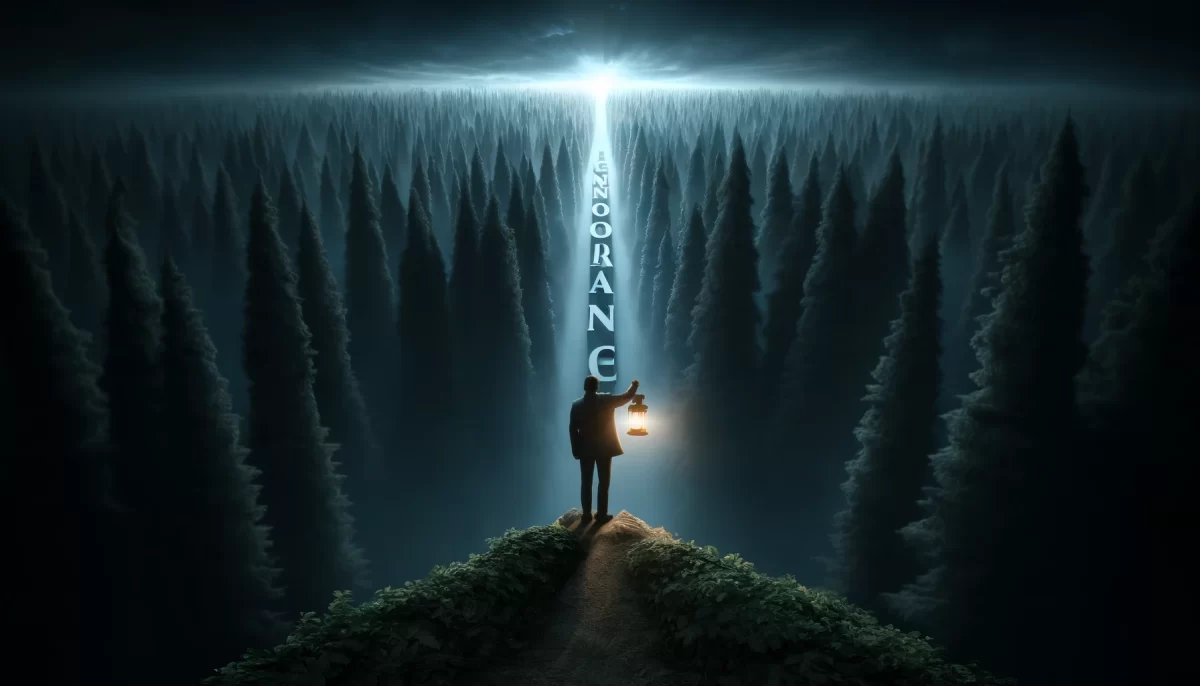
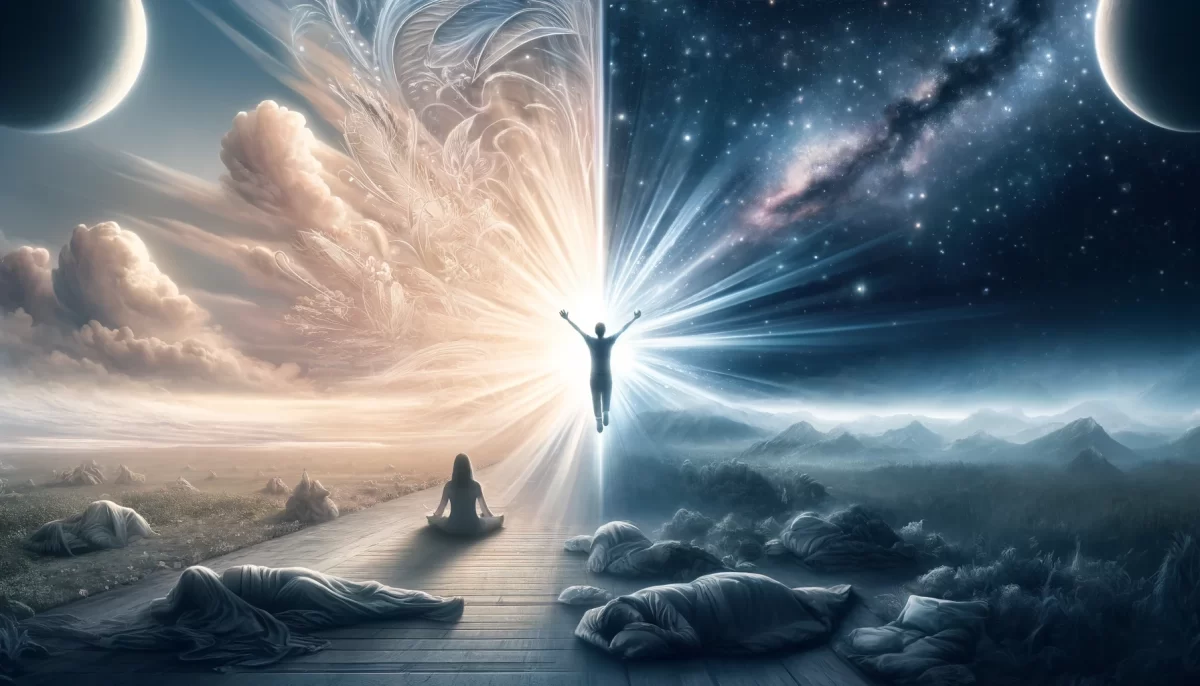
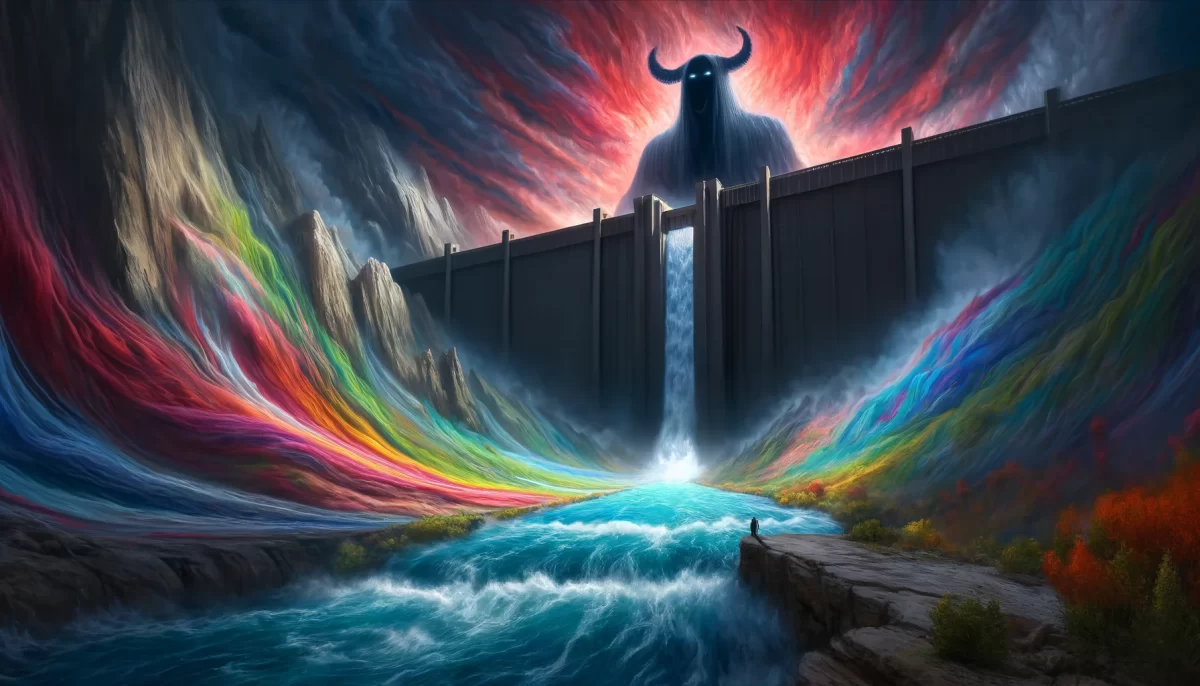
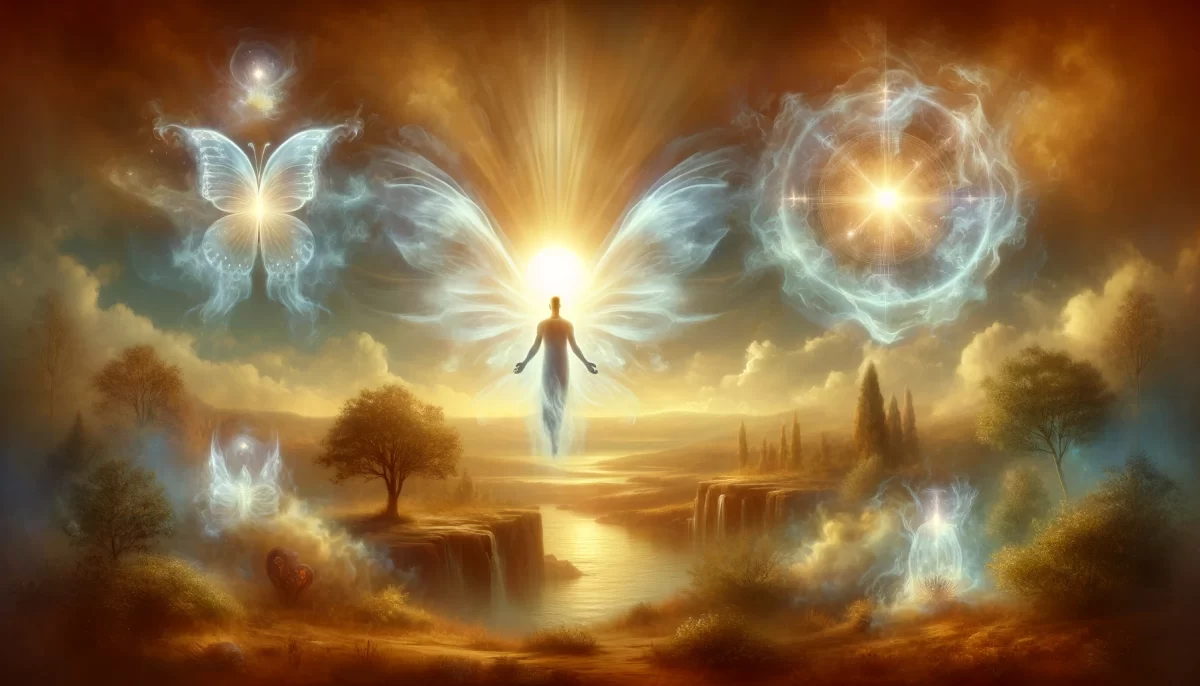
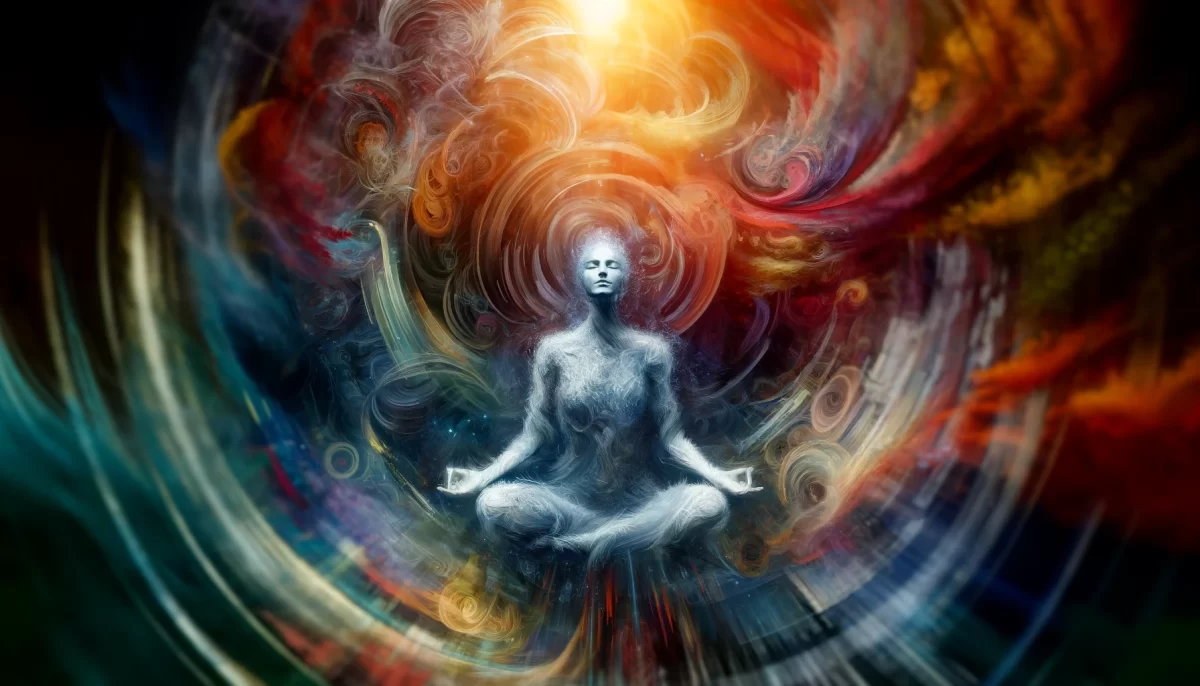
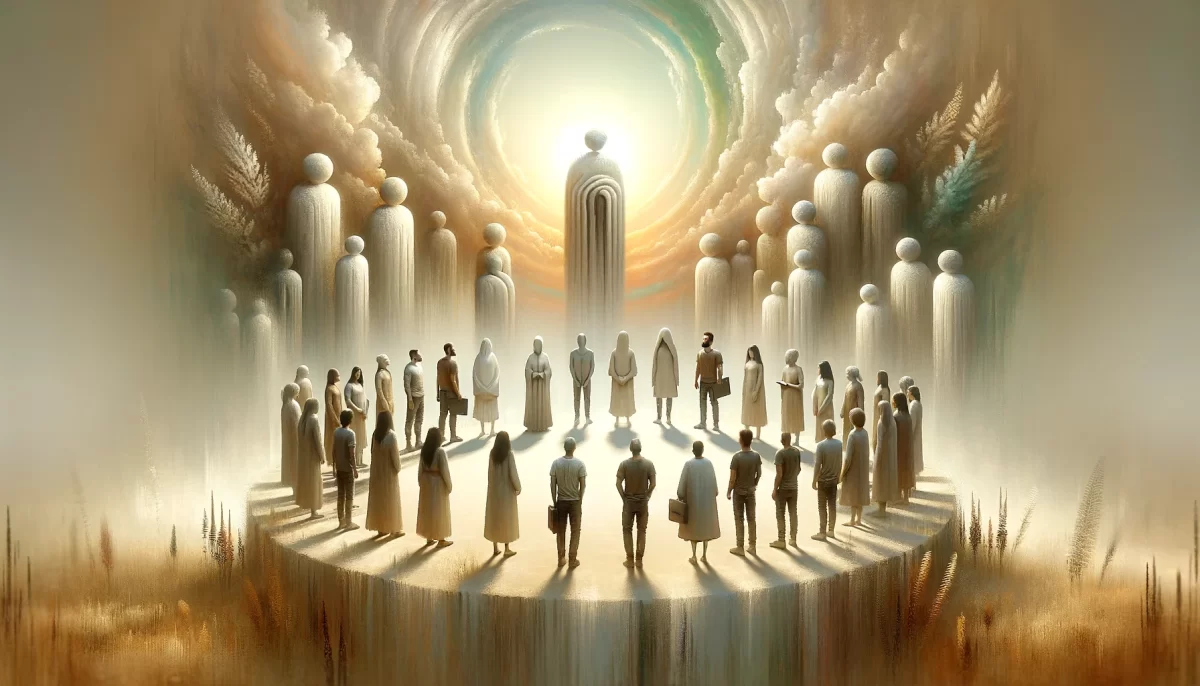
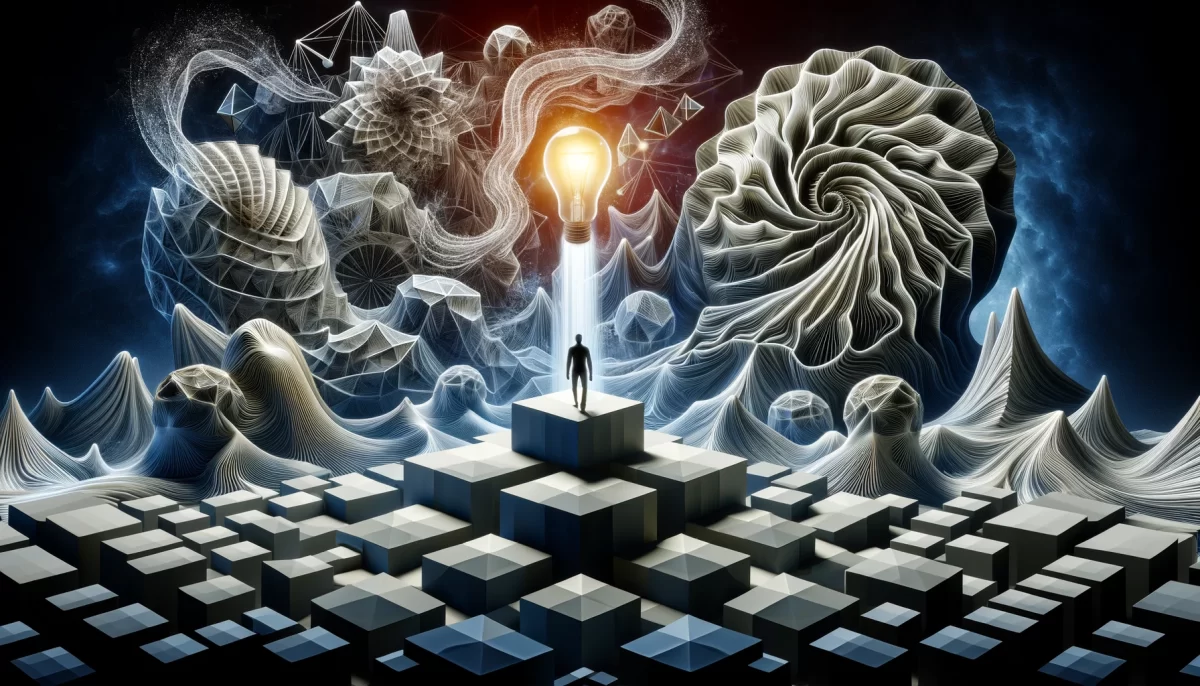

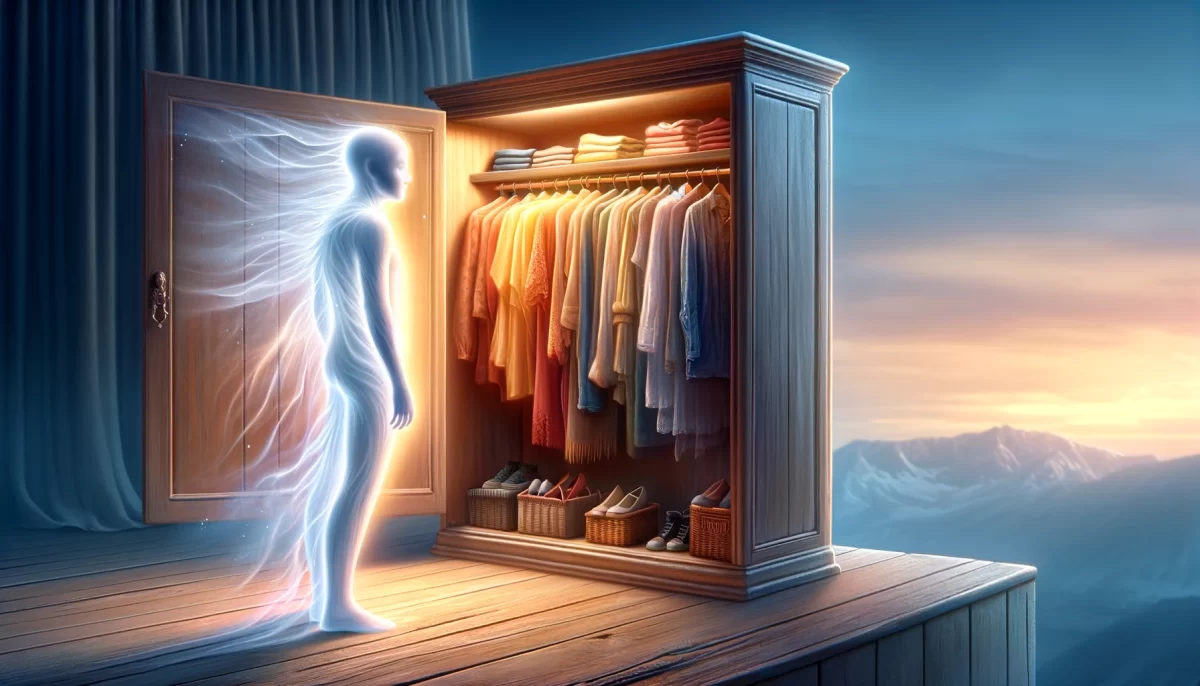
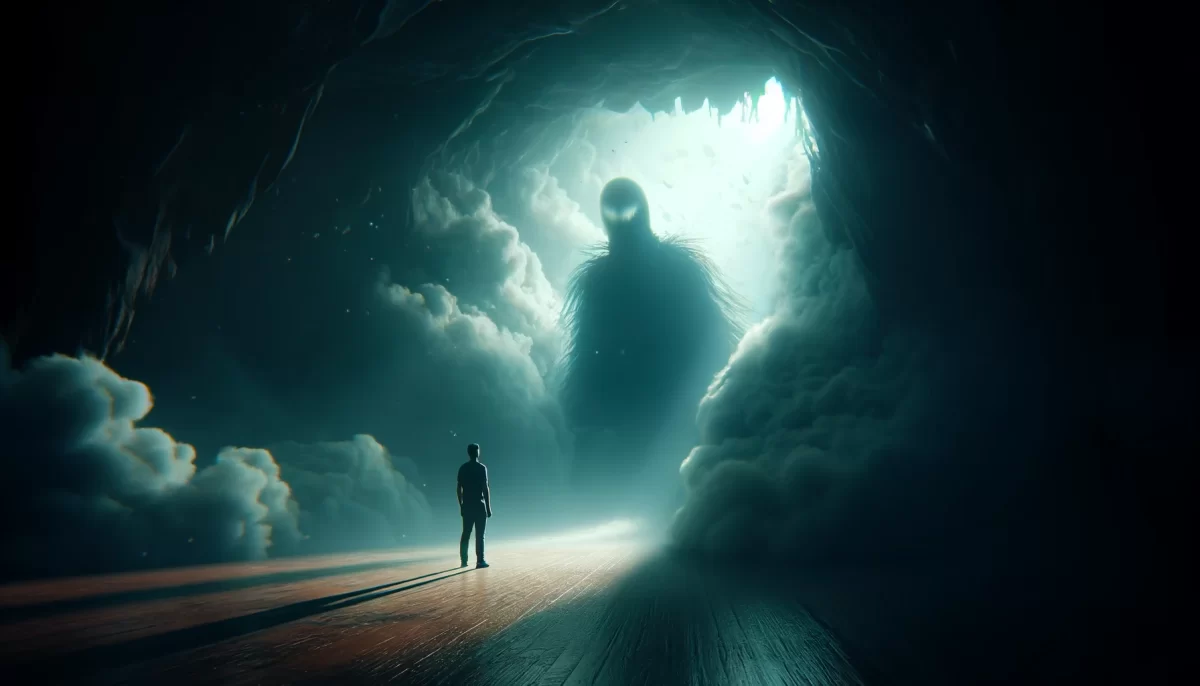
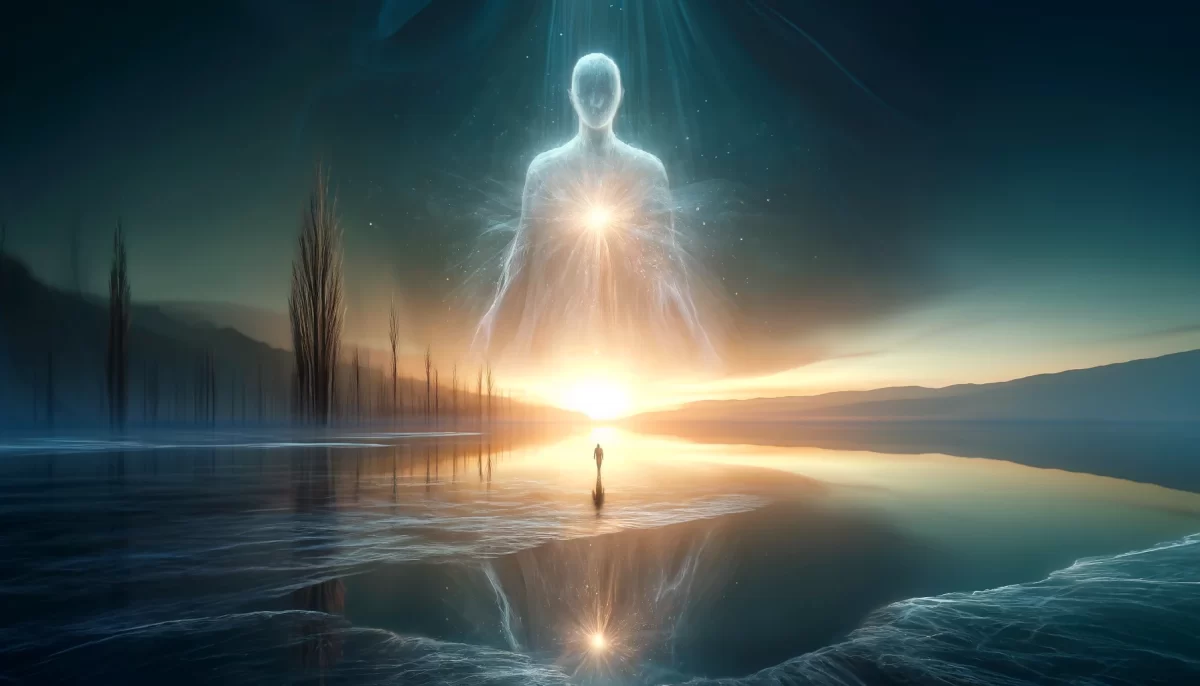
Leave a Reply